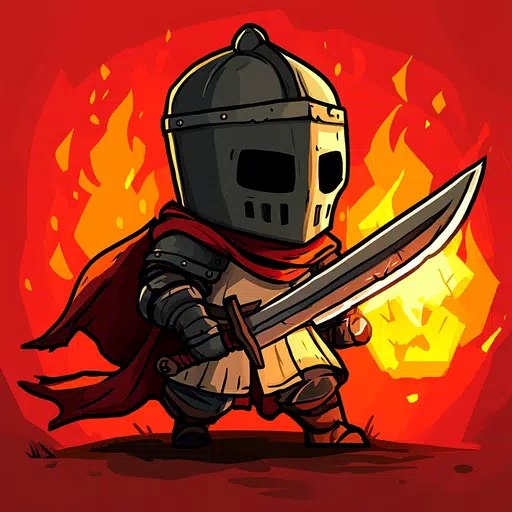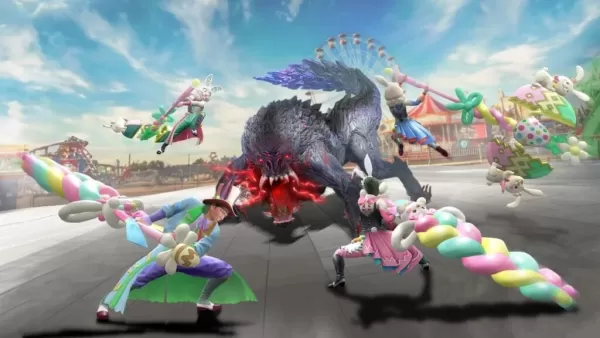Monster Hunter: Global Domination Story
In the leadup to its global launch, Monster Hunter Wilds shattered pre-order records on both Steam and PlayStation, effortlessly continuing the legacy of its extraordinarily popular predecessors, Monster Hunter Rise from 2022 and Monster Hunter: World from 2018. The game's sales figures have solidified Capcom's unique and esoteric RPG series as one of the most significant video game franchises globally.
However, this wasn't always the case. Less than a decade ago, the idea of a Monster Hunter game achieving such widespread acclaim would have seemed improbable. Rewind further to the series' inception in 2004, and the notion would have been even more farfetched, as the original game received mixed reviews. It wasn't until a year later, with Monster Hunter's transition to the PSP, that the series gained significant traction, albeit primarily in Japan.
For a long time, Monster Hunter epitomized the "game series bigger in Japan than the rest of the world" phenomenon. The reasons for this were straightforward, as this narrative will elucidate, yet Capcom remained committed to cracking the international market. The success of Monster Hunter: World, Rise, and now Wilds underscores the value of their persistence.
This is the journey of how Monster Hunter transformed from a domestic success to a global powerhouse.
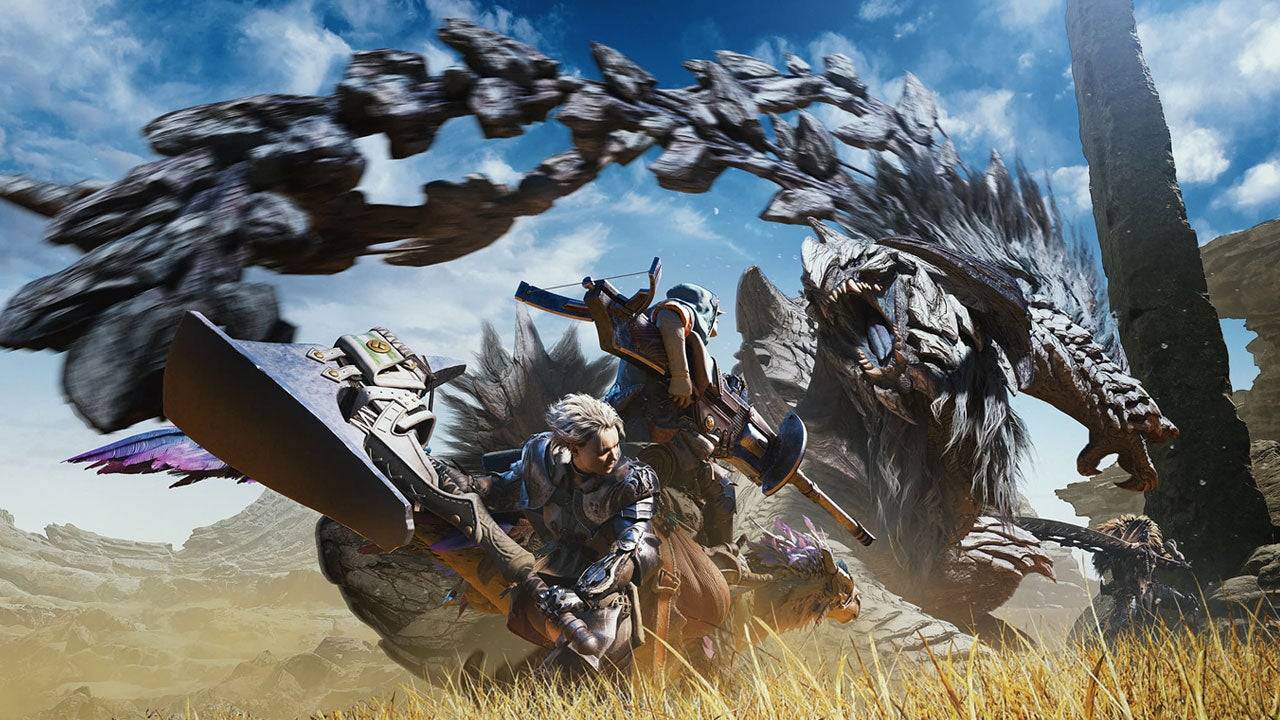
Around the time of Street Fighter 5's launch in 2016, Capcom underwent an internal reorganization to prepare for a new generation of games. These games would utilize the company's brand new RE Engine, replacing the aging MT Framework. This transition was about more than just upgrading tools; it included a new directive to ensure Capcom's games appealed not only to existing, region-specific fans but to a global audience.
"It was a combination of factors," says Hideaki Itsuno, a former game director at Capcom renowned for his work on Devil May Cry. "The change of the engine and the clear goal given to all teams to create games that would reach the global market, games that are fun for everyone."
During the PS3 and Xbox 360 era, Capcom's games often seemed tailored to capture the "Western games market." While Resident Evil 4 was a major success, attempts to follow Western trends with gun-focused spinoffs like Umbrella Corps and the sci-fi shooter series Lost Planet did not yield the desired results. Capcom realized the importance of creating games that appealed universally, not just to fans of traditional Western genres.
"All teams were given a very clear goal to make games that reach the global market," Itsuno explains. "I think that we had that clear goal of just focusing and not holding anything back, towards making good games that would reach people from all over the world."
Itsuno highlights that the period leading up to 2017 was crucial. "The changes in organization and the changes in the engine, all these elements came together around that time," he notes. The launch of Resident Evil 7 in 2017 marked the beginning of a Capcom renaissance.
No other series better encapsulates this new company goal for global success than Monster Hunter. While it had a dedicated fanbase in the West, the series was significantly more popular in Japan for decades. This wasn't by design, but due to real-world factors.
Monster Hunter's move from PlayStation 2 to the PSP with Monster Hunter Freedom Unite marked a pivotal moment. The handheld gaming market was much stronger in Japan than in the West, as evidenced by the success of the PSP, Nintendo's DS, and later, the Switch. According to the series' executive producer Ryozo Tsujimoto, the key to Monster Hunter's success in Japan was the country's advanced wireless internet network, which allowed gamers to play reliably with friends.
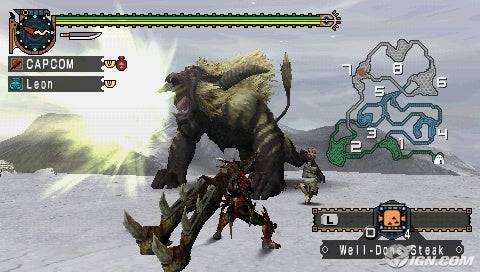
"Twenty years ago, Japan had a very solid network environment available to people, enabling them to connect and play online together," Tsujimoto says. "By moving to handheld systems, we were able to grow the player base that was interacting and playing multiplayer together."
Monster Hunter, built on the pillar of cooperative play, thrived on handheld consoles where friends could easily join hunts. Japan's advanced internet infrastructure meant that Monster Hunter was initially developed with a local market in mind, even if unintentionally.
This created a feedback loop: Monster Hunter games became best-sellers in Japan, prompting Capcom to release Japan-only content and host exclusive events, further solidifying Monster Hunter as a "Japan-only" brand.
Despite this, Monster Hunter had fans in the West who eagerly watched from the sidelines as Japanese players enjoyed exclusive content. As Western internet infrastructure improved and online play became standard, Tsujimoto and his team saw an opportunity to launch their most advanced and globally accessible Monster Hunter game yet.
Released in 2018 on PlayStation 4, Xbox One, and PC, Monster Hunter: World represented a significant shift for the franchise. Instead of targeting handheld consoles, it offered large-scale, AAA console quality action with enhanced graphics, expansive areas, and larger monsters.
"Our approach to the globalization of the series and Monster Hunter in general really ties into not only the themes that we had going into designing the game, but also in the name of the game," Tsujimoto reveals. "The fact that we called it Monster Hunter: World is a nod to our desire to appeal to a worldwide audience and introduce Monster Hunter to new players."
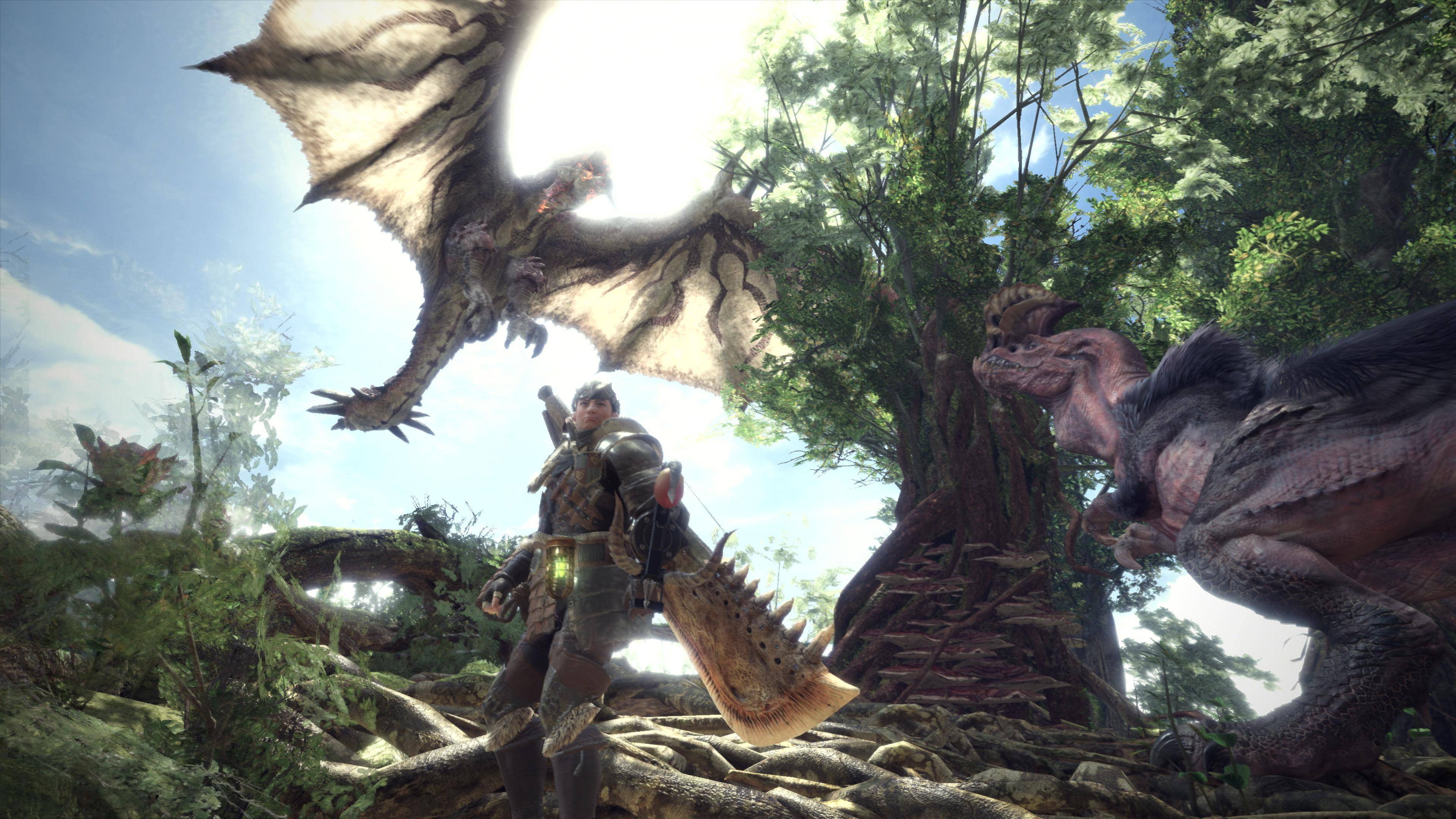
It was crucial that Monster Hunter: World did not favor one market over another. The game was released simultaneously worldwide, without Japan-exclusive content, a decision Tsujimoto describes as "realigning ourselves to meet global standards that people expect from titles around the world."
It wasn't just about simultaneous global releases; Tsujimoto and his team conducted extensive focus tests and user tests worldwide to refine Monster Hunter's formula for broader appeal.
"We did focus tests and user tests across the world, and the feedback we received significantly influenced our game systems and contributed to our success as a global title," Tsujimoto says.
One key change resulting from these tests was displaying damage numbers when players hit monsters. These subtle adjustments to an already successful formula propelled Monster Hunter to unprecedented heights. Previous Monster Hunter games typically sold between 1.3 to 5 million copies, excluding re-releases and special editions. In contrast, Monster Hunter: World and its 2022 follow-up, Monster Hunter Rise, both surpassed 20 million copies sold.
This growth in player base was not accidental. Rather than altering Monster Hunter's core essence to cater to Western tastes, Tsujimoto and his team found ways to make the series' unique (and sometimes complex) nature more accessible to a broader audience without compromising its integrity. This approach persists with the latest installment, Monster Hunter Wilds.
"At its heart, Monster Hunter is an action game, and the sense of accomplishment from mastering that action is crucial," Tsujimoto explains. "For new players, reaching that point can be challenging. We've been strategizing how to guide them to that sense of accomplishment. With World and Rise, we carefully analyzed where players got stuck, what was hard to understand, and what they struggled with, gathering player feedback and conducting our own research. All this knowledge has influenced how we've implemented new systems in Wilds."
Within 35 minutes of its release, Monster Hunter Wilds reached 738,000 concurrent players on Steam, more than double the all-time high of Monster Hunter: World. With glowing reviews and the promise of more content, it seems highly likely that Monster Hunter Wilds will continue the series' mission to conquer the world.
-
Remedy's Control spin-off shooter, FBC: Firebreak, has surpassed one million players. The free-to-play title is accessible to Xbox Game Pass and PS Plus subscribers, yet the studio acknowledged this achievement as a "significant milestone" while recoAuthor : Claire Dec 23,2025
-
Clash Royale has finally introduced a major upgrade for the Inferno Dragon, nearly a decade after its initial release. The fiery Legendary card now boasts enhanced capabilities, with Supercell partnering with Finnish comedian Ismo Leikola for a speciAuthor : Natalie Dec 22,2025
- Spring Valley Farm Game: January 2025 Redeem Codes
- WWE Superstars Join Call of Duty Warzone: Mobile Roster
- Midnight Girl is a minimalist point-and-click adventure set in Paris in the 60s, now open for pre-orders on mobile
- Mobile Legends: Bang Bang – Best Lukas Build
- "Grand Outlaws Unleashes Chaos and Crime on Android Soft Launch"
- Video Game Song Surpasses 100 Million Streams on Spotify


